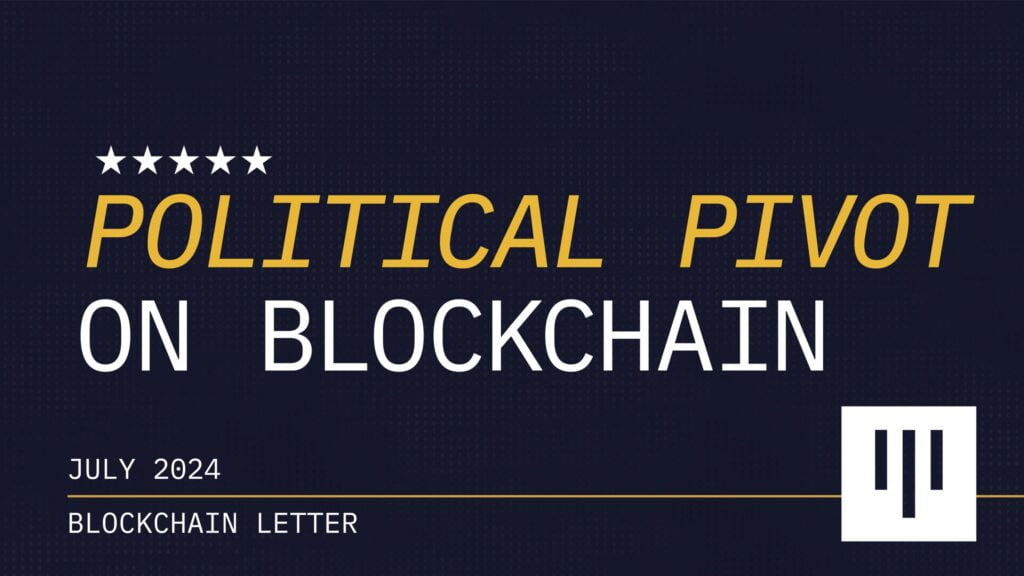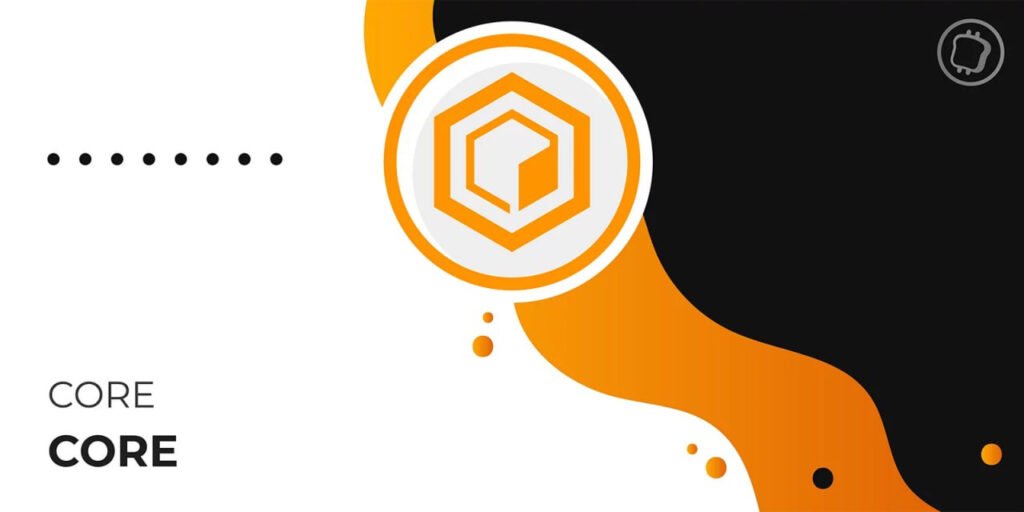Research Summary
The report discusses the BitVM, a revolutionary solution that brings Turing-complete smart contracts directly to Bitcoin. It highlights the BitVM’s value proposition, which allows Bitcoin to run smart contracts without the need for a soft or hard fork. The report also delves into the practical workings of BitVM and the challenges it faces, such as the requirement for extensive interactions between parties and the potential unmanageability of off-chain data.
Key Takeaways
Understanding BitVM
- BitVM’s Role: BitVM is a solution that brings Turing-complete smart contracts to Bitcoin. It doesn’t execute code directly on Bitcoin due to scalability and practical issues, but it verifies the execution and allows users to publish proofs of incorrect execution.
- Comparison with Ethereum: BitVM can be compared to optimistic rollups on Ethereum, creating proof of incorrect execution in case of fraud or misdemeanor. This is compact in byte size, requiring only the on-chain publication of the code where the error is occurring.
BitVM’s Value Proposition
- Smart Contracts on Bitcoin: The primary value proposition of BitVM is to allow Bitcoin to run smart contracts without the need for a soft or hard fork. However, it’s not yet clear which case studies will be enabled by BitVM, as more research is needed.
BitVM’s Practical Workings
- Use of Taproot Addresses: BitVM leverages Taproot addresses to minimize the space used. BitVM contracts involve two parties, a Verifier and a Prover, who deposit Bitcoin in a Taproot Address and begin a sequence of pre-signed transactions.
- Challenge-Response Mechanism: The Verifier proposes a Challenge and the Prover responds with a solution. If the Prover can respond correctly to all challenges, they can access the deposited Bitcoins. If the Prover fails, the Verifier can take the Bitcoins put at stake by the Prover.
Challenges Facing BitVM
- Implementation Difficulties: While BitVM is an interesting design, it is challenging to implement practically as it requires a lot of interactions between the parties. The off-chain data required will likely grow to the extent that it will not be manageable.
- Limitations: BitVM contracts are currently limited to two parties, further limiting the use cases.
Actionable Insights
- Exploring BitVM’s Potential: Stakeholders should explore the potential of BitVM in bringing Turing-complete smart contracts to Bitcoin, understanding its value proposition and practical workings.
- Addressing Challenges: Efforts should be made to address the challenges facing BitVM, such as the difficulty of implementation and the limitations of the current design.
- Continued Research: More research is needed to identify the case studies that can be enabled by BitVM and to further understand its potential impact on the Bitcoin ecosystem.












